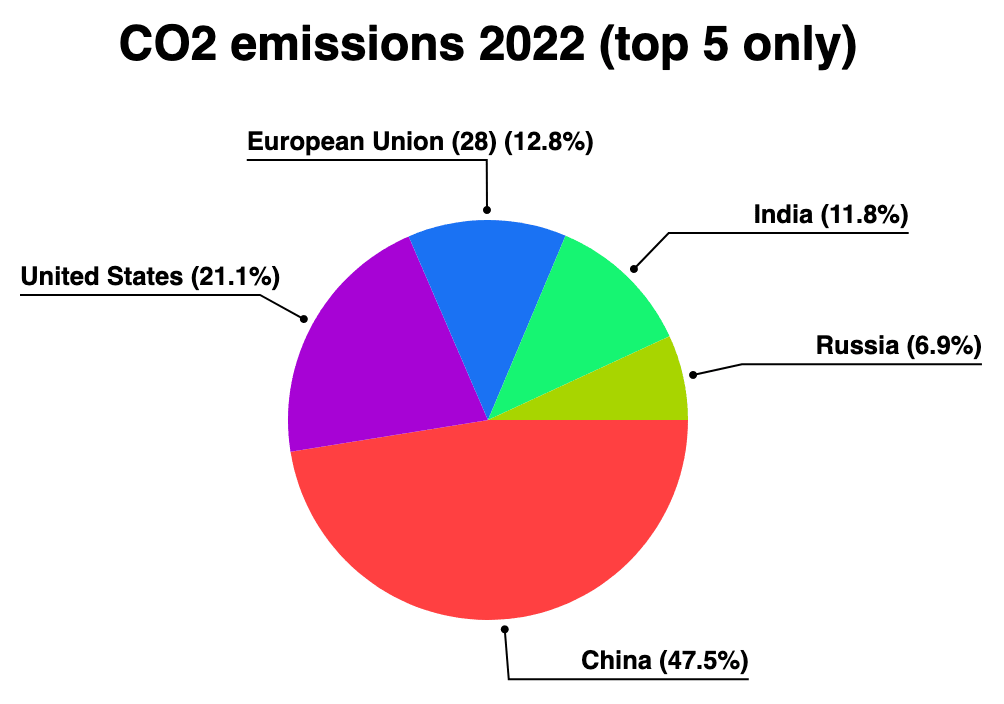Note
This is one of 193 standalone projects, maintained as part of the @thi.ng/umbrella monorepo and anti-framework.
🚀 Please help me to work full-time on these projects by sponsoring me on GitHub. Thank you! ❤️
Customizable, transducer-based CSV parser/object mapper and transformer.
Partially ported and extended from the Clojure versions of the ws-ldn-1 and resonate-2014 workshop repos.
The parser supports customizable delimiters, quoted and unquoted cells, line breaks within quoted cells. Being transducer based, memory usage is kept at a minimum by only processing single lines of (pre-split) text. For CSV records spanning multiple lines (due to line breaks), new results are only emitted/processed downstream once a logical CSV row is complete.
Also, being transducer based means the parser can be easily integrated into more complex data preparation, cleaning or conversion workflows. See @thi.ng/transducers for more details/ideas.
STABLE - used in production
Search or submit any issues for this package
- Simple CSV row parsing w/o object mapping (
parseCSVSimple()) - CSV output from structured data
- CSVW support (#257)
- Integration with thi.ng/egf
yarn add @thi.ng/csvESM import:
import * as csv from "@thi.ng/csv";Browser ESM import:
<script type="module" src="https://esm.run/@thi.ng/csv"></script>For Node.js REPL:
const csv = await import("@thi.ng/csv");Package sizes (brotli'd, pre-treeshake): ESM: 1.53 KB
One project in this repo's /examples directory is using this package:
| Screenshot | Description | Live demo | Source |
|---|---|---|---|
 |
Piechart visualization of CSV data | Demo | Source |
Also see extensive doc strings for parseCSV() and CSVOpts. See
parseCSVSimple() and parseCSVFromString() for alternatives and syntax sugar
forms.
import { parseCSV, upper, float } from "@thi.ng/csv";
[...parseCSV(
{
all: false,
cols: {
"country": { tx: upper },
"latitude": { alias: "lat", tx: float() },
"longitude": { alias: "lon", tx: float() },
}
},
[
`"country","country group","name (en)","latitude","longitude"`,
`"at","eu","Austria","47.6965545","13.34598005"`,
`"be","eu","Belgium","50.501045","4.47667405"`,
`"bg","eu","Bulgaria","42.72567375","25.4823218"`,
]
)]
// [
// { country: 'AT', lat: 47.6965545, lon: 13.34598005 },
// { country: 'BE', lat: 50.501045, lon: 4.47667405 },
// { country: 'BG', lat: 42.72567375, lon: 25.4823218 }
// ]If this project contributes to an academic publication, please cite it as:
@misc{thing-csv,
title = "@thi.ng/csv",
author = "Karsten Schmidt",
note = "https://thi.ng/csv",
year = 2014
}© 2014 - 2024 Karsten Schmidt // Apache License 2.0



